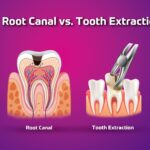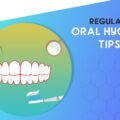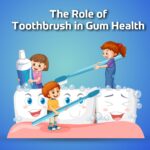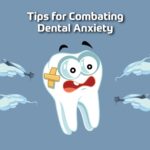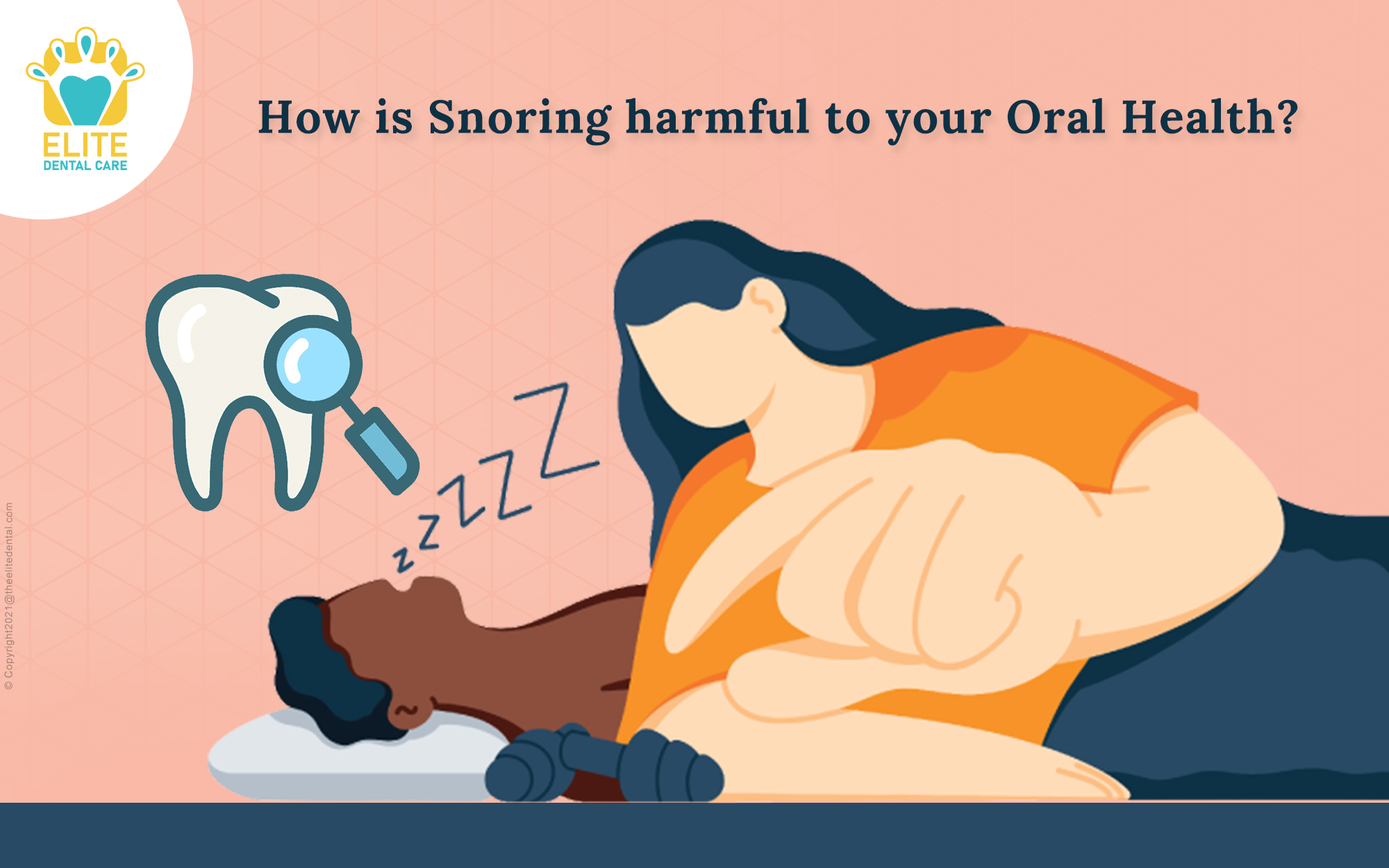
dental caredenturesflossinghygiene tipsTeeth WhiteningTooth Extraction
edental
27 June 2022
How is snoring harmful to your oral health?
Snoring causes a dry mouth because you are gasping for air through an open mouth. There is no protective coating of saliva to protect your oral tissues when your mouth is dry.
pH imbalances, cavities, gum disease, and foul breath are all more likely with a dry mouth. When there isn’t enough saliva, acids and bacterial plaque buildup quickly in the mouth. The buildup of harmful germs eventually causes damage to the deeper layers of the tooth, resulting in severe dental discomfort.
Snoring is bad for your oral health because allowing more air into your mouth means your salivary glands have to work extra hard to keep your mouth from drying out. This may work for a while, but if you snore for a long time, your salivary glands will fall behind and finally stop generating saliva. This puts your mouth at risk for a number of common (but serious) oral health issues.
Saliva production must be continuous throughout the day and night to ensure that your gums and teeth are properly nourished. Saliva is rich in minerals and proteins that help to keep tooth enamel healthy. Saliva contains minerals that protect teeth from acidic liquids and can aid to re-mineralize enamel that has been worn away
Saliva also helps to battle bad breath, gum disease, and tooth decay by washing away harmful bacteria. You’re more likely to develop periodontal disease, halitosis, dry mouth, and cavities if your saliva levels aren’t balanced
Snoring & Oral Health Concerns
The American Sleep Apnea Association estimates that 90 million Americans snore. And, as we’ve already mentioned, snoring isn’t always caused by sleep apnea. This isn’t to say that the primary snorers aren’t at risk. In fact, your Ramsey dentist may inquire as to whether you snore, as this might have an impact on your oral health. Snorers breathe via their mouths rather than their noses, which causes the mouth to dry out quickly and inhibit saliva production. Saliva is essential for optimum dental health because it neutralizes acids and aids in the removal of microorganisms. Snorers who don’t have it may be more likely to develop:
- Mouth is parched
- Gum disease is a condition that affects the gums
- Cavities with bad breath
- Loss of teeth
You may be mouth breathing or snoring during sleep or have sleep apnea if you wake up with a sticky mouth, dry mouth, or terrible morning breath. Your Ramsey dentist will advise you to go to a sleep center and will want to monitor your mouth health more closely.
How Your Oral Health Can Cause Snoring? What to Do About It?
What causes snoring?
A variety of causes can contribute to snoring. Alcohol consumption, smoking, and sleeping in particular positions can all contribute to a clogged airway and snoring. Oral health and the physiology of your teeth and mouth, on the other hand, can induce snoring and a variety of major health problems.
Missing teeth
Missing teeth can affect the physiology of your mouth and constrict your airway, which can cause snoring, whether you lost a tooth in an accident or had one surgically removed.
Misaligned jaw
If you have an overbite or TMJ, your jaw may struggle to support itself when you sleep. Your tongue may be partially covering your airway if you don’t have sufficient jaw support.
Crowded teeth
A crowded smile, particularly for people with a small or narrow jaw, gives less room for the tongue to sit properly in the mouth and often pushes it further back. Those who haven’t had their wisdom teeth removed may also experience swelling of the tissue surrounding the exposed area, which can lead to further inflammation around the airway.
Oral health and sleep apnea
While snoring on occasion isn’t usually a cause for concern, chronic snoring, such as sleep apnea, might be an indication of a significant health problem. When the muscles in and around the throat relax, they restrict your airway, causing obstructive sleep apnea. This causes your breathing to intermittently start and stop, which can have a negative influence on your sleep quality and long-term health.
How Snoring Causes Bad Breath
Snoring not only makes your mouth feel and taste horrible in the mornings, but it also promotes poor breath. Snoring and a dry mouth cause bad breath as a side effect. You may have food residues caught in regions of your mouth and teeth that your toothbrush didn’t catch if you don’t have enough saliva in your mouth. This food starts to degrade in your mouth, causing germs to multiply faster than usual. Isn’t it revolting? An unpleasant odor results from an excess of bacteria and food degradation inside your mouth.
If you continue to snore and have a dry mouth, you may develop other oral health issues such as tooth decay, infections, and ulcers. The absence of saliva in your mouth aggravates these symptoms.
